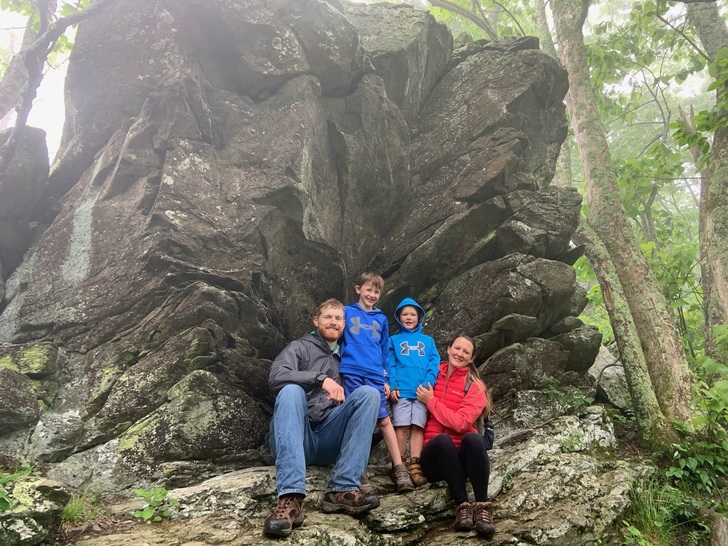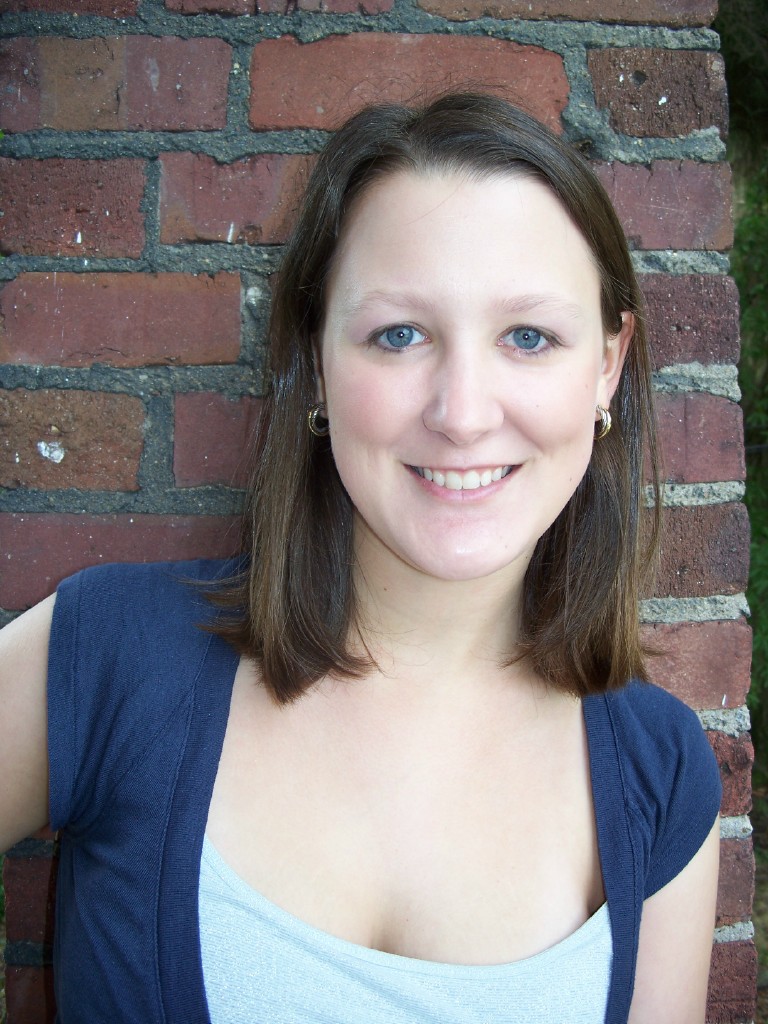Jessica Bogacik
CAPSTONE
Capstone Project Committee: Nancy Callanan, M.S., CGC, Sat Gupta, Ph.D. (Statistical Consultant), Rachel Mills, M.S., CGC, Kelly Nelson, M.D.
Background: Skin cancer is the most common cancer in the United States. Cutaneous malignant melanoma is a less common form of skin cancer, but a more severe form, resulting in the most skin cancer deaths. Approximately 5-10% of all melanoma cases are hereditary. The most significant risk factor for melanoma is a positive family history. Although family history is the greatest risk factor, little research has previously been done to assess the level of importance that patients place on history. This study investigates the knowledge that patients have about the general risk factors for cutaneous melanoma and assesses the extent to which patients with melanoma view family history as a risk factor. Two populations, melanoma patients with a positive family history and melanoma patients without a positive family history, are compared. It is hypothesized that these two groups will view melanoma differently and will have different risk perceptions of the disease.
Methods: The sample was comprised of Duke Dermatology participants diagnosed with melanoma. Fourteen participants filled out a demographic survey and completed a follow-up phone interview. Through the use of phone interviews, this study was mostly qualitative in design. Questions elicited information on knowledge about melanoma, health-related behaviors, sun-protective behaviors, risk perceptions of susceptibly to melanoma and severity of melanoma, potential barriers and benefits of screening, genetic testing, and genetic counseling. Several previously validated scales were employed to increase the strength and reliability of this study. Descriptive and inferential statistics were computed, and content analysis was performed on open-ended responses to uncover emerging themes.
Results: Results showed differences in perceptions, most notably in viewing family history as a significant risk factor. In addition, the majority expressed interest in genetic counseling and genetic testing, illustrating the growing need for genetic services.
Since Graduation

Following graduation, Jessica started a position in the Maternal Fetal Medicine clinic at Centra Health in Lynchburg, VA. She remained there for 8 years and expanded genetic counseling services to Centra’s Stroobants Cardiovascular Center, practicing as both a prenatal and cardiovascular genetic counselor.
In March 2020 (coincidentally coinciding with pandemic lockdown), Jessica began a new role with GeneMatters, working remotely as a telehealth genetic counselor. She currently holds all available state licenses, allowing her to see patients across the nation by phone or video. She also participates in clinical supervision for various GC training programs.
Jessica is currently serving as the Board Secretary (2020-2022) for the Virginia Association of Genetic Counselors. She previously sat on the ABGC Nominating Committee. She is also involved in several Boards and nonprofits in the Lynchburg community.
In her personal life, Jessica married her husband Drake in October 2011, and they have two sons, Trey (age 7) and Sam (age 4). They reside in Lynchburg, VA, where they love exploring the many outdoor adventures the area has to offer.
